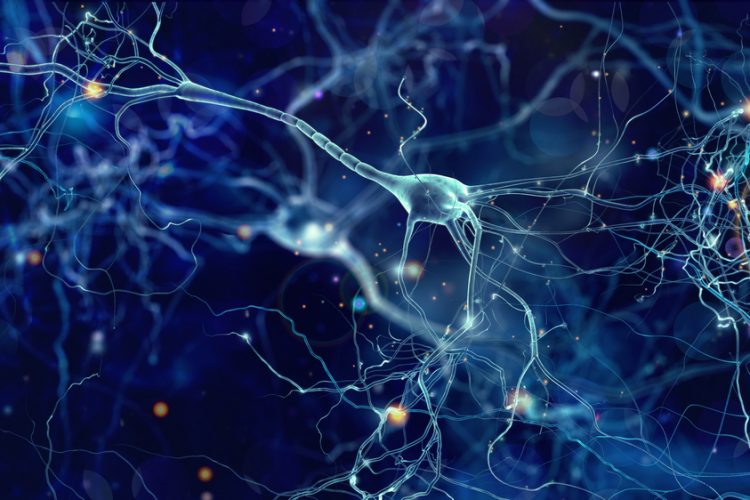According to new research, cellular senescence, a phenomenon recognized for its cessation of cell division, may lead to the development of neurodegenerative diseases. The study appeared in the journal PLOS One.
In the study, researchers determined that senescence in astrocytes damaged excitotoxicity in cortical neurons associated with cognitive function like memory. Cellular senescence also affects the neurotransmitter glutamate in the brain by downregulating the glutamate transporters.
“Among the various cell types in the brain, astrocytes are the most abundant. Astrocytes have proliferative capacity and are essential for neuron survival,” researchers stated.
“Here, we investigated the phenotype of primary human astrocytes made senescent by X-irradiation, and identified genes encoding glutamate and potassium transporters as specifically downregulated upon senescence.”
“This down regulation led to neuronal cell death in co-culture assays. Unbiased RNA sequencing of transcripts expressed by non-senescent and senescent astrocytes confirmed that glutamate homeostasis pathway declines upon senescence.”
Based on the findings, researchers could solidly indicate how cellular senescence in astrocytes may result in neurodegeneration. “Our results suggest a key role for cellular senescence, particularly in astrocytes, in excitotoxicity, which may lead to neurodegeneration including Alzheimer’s disease and related dementias,” researchers concluded.


